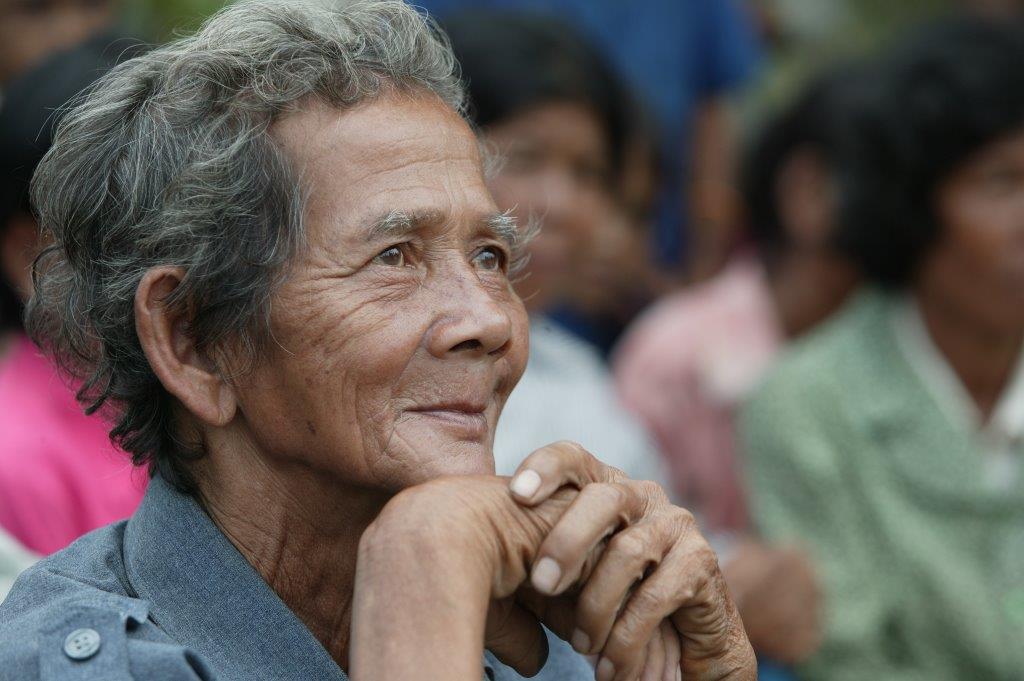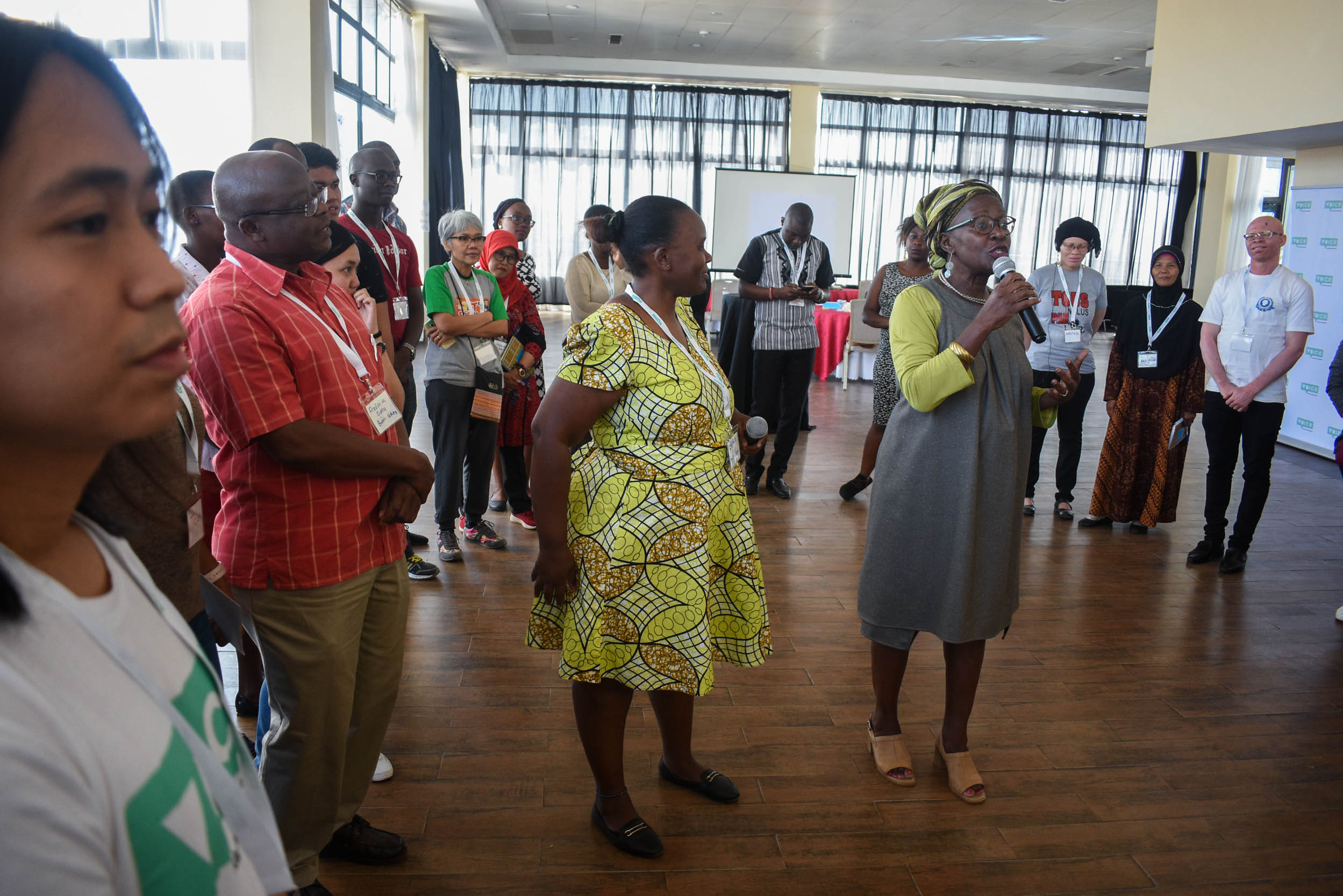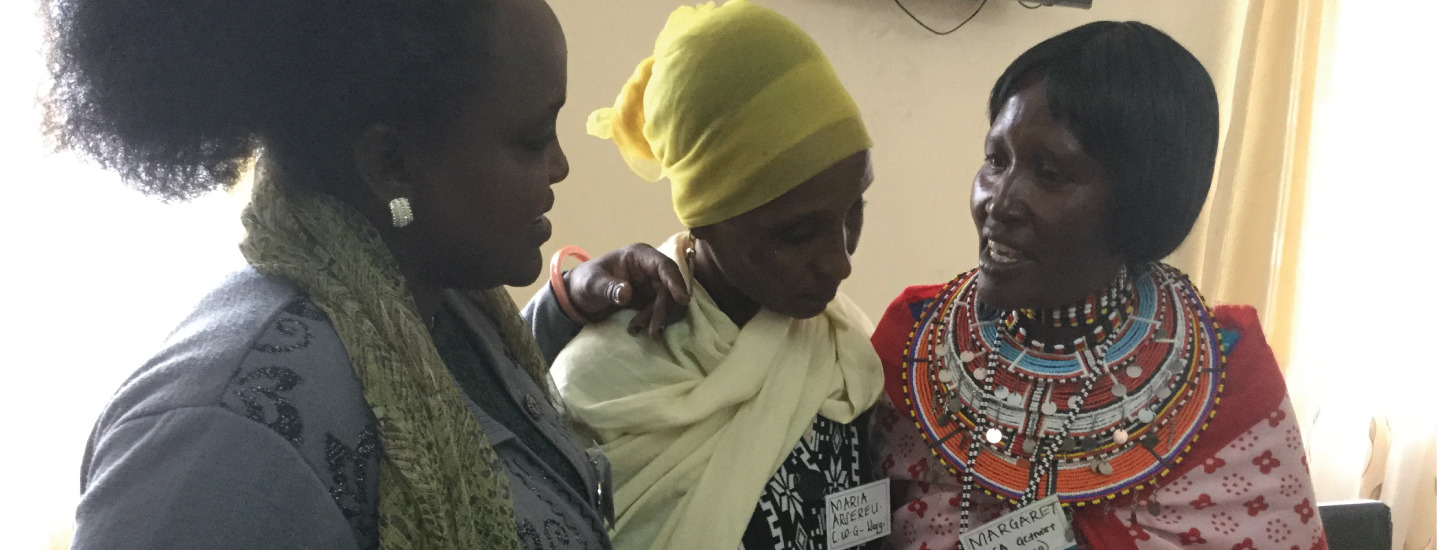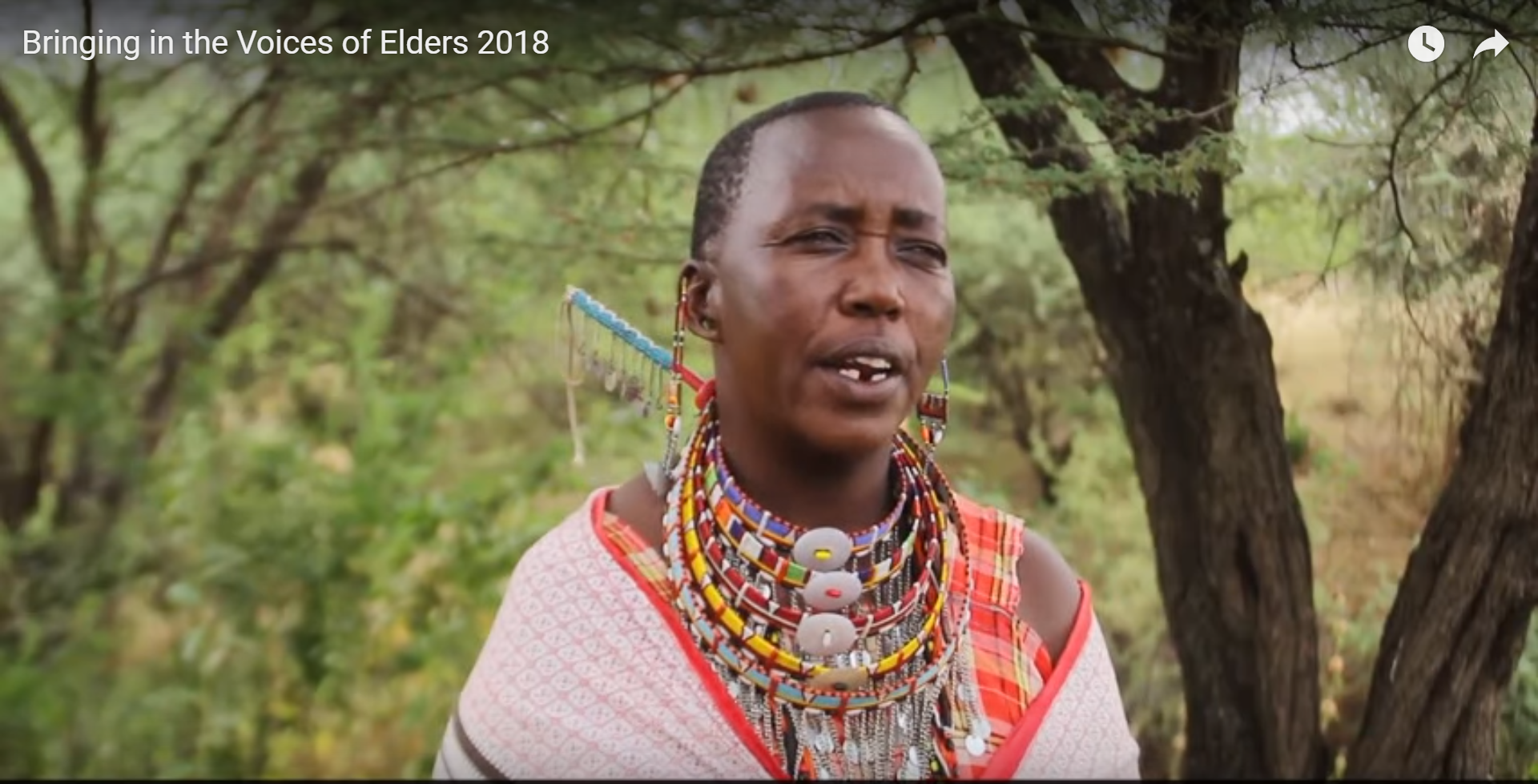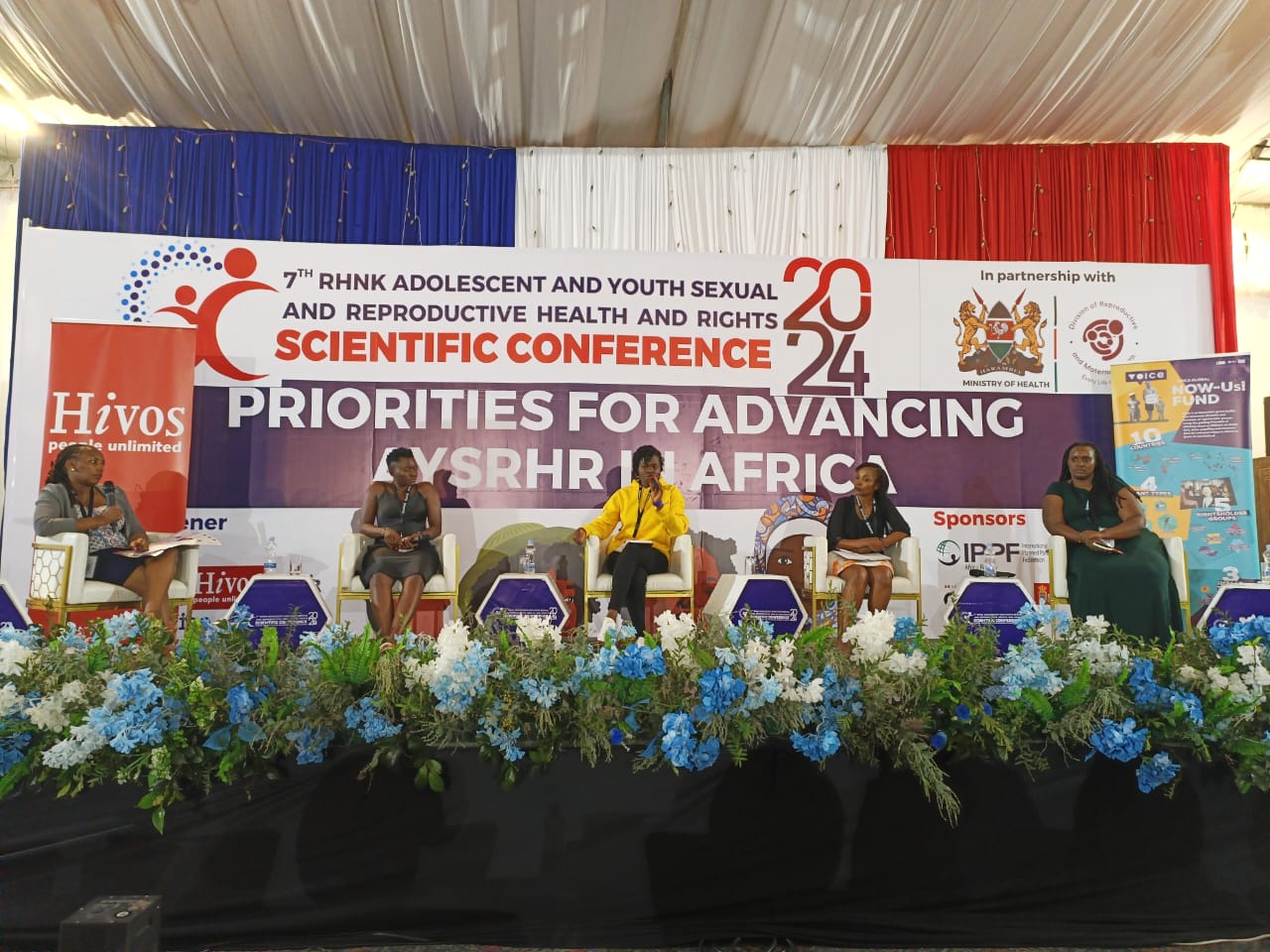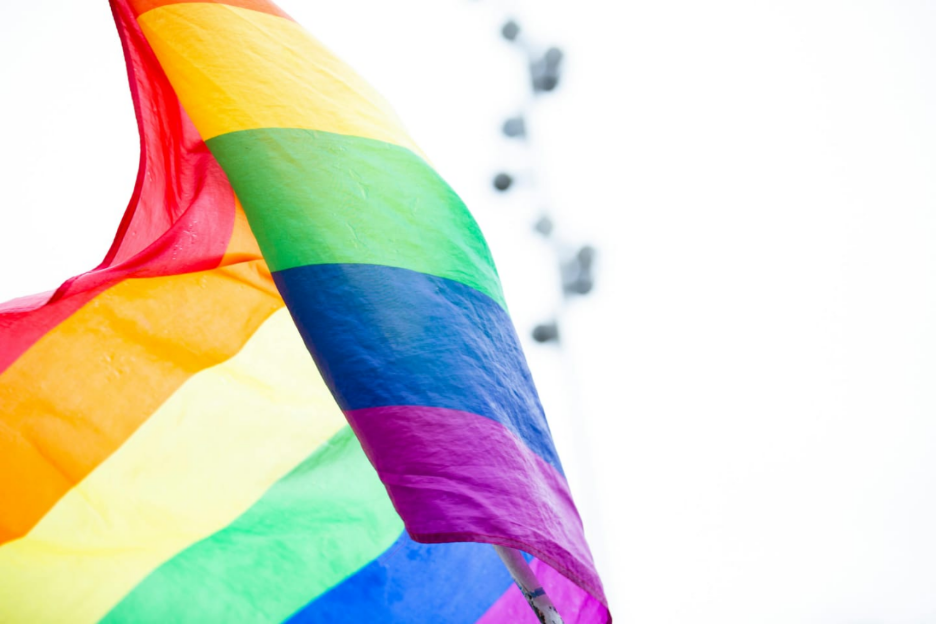Pushing the boundaries
By Chirchir Gideon and Mzee Garero from Trust for Indigenous Culture and Health (TICAH)
In several areas in Kilifi, the relationship between youth and elders has been on rocky grounds. From wrongful accusations about the elders practising witchcraft to creating general suspicion as well as murders of elders occurring just so that the youth could sell land. What is striking to note is that the elders are now rightfully taking up their space in the community and showing those around them and the world at large that peaceful co-existence can be a lived reality rather than just a dream.
The Trust for Indigenous Culture and Health (TICAH), an influencing grantee in Kenya is supporting these elders to connect with the youth, share lessons and transfer knowledge with their Bringing in the Voices of Elders project.
The following narration highlights the continuous shifting social change amongst the community -especially the youth, who for a long time felt that the elders were stopping them from gaining economic stability since the land is owned by the elders.
“In this community, elders used to be killed monthly. I am happy that in the last one month, no elder was killed.”
Daniel
Daniel Mawara Garero
As the chairperson of the Kaya Elders in Rabai Community in Kilifi, Daniel Mawara Garero role is to chair the community meetings. The main function of the Elder’s group is to solve community cases and disputes including the numerous cases of killings of the elders that happen in Rabai and Kauma Communities in Kilifi. The gap between the elders and youth had been widening as a result of close to no interaction and understanding of each other’s needs or practises.
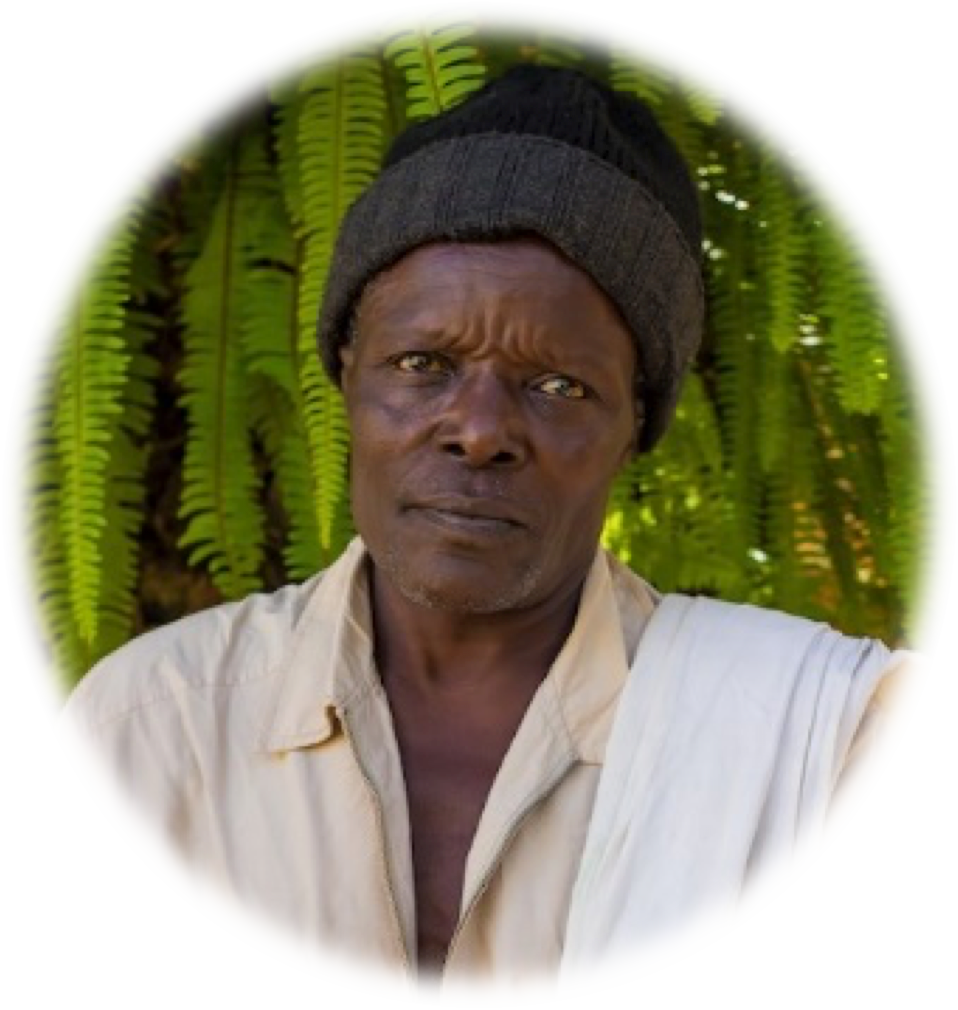
A loss of an elder means a loss of information.
Daniel
Speaking in Swahili, Daniel shared “Mzee kuuliwa hapa Rabai ilikua ni kitu cha kawaida hapa kwetu Rabai” (Loose translation: Elders being killed in Rabai had become a norm but we have noticed that this is now changing). The Elders in the community believe that they are the knowledge keepers in their communities and think that this is the case around the world.
“In many cases, we are considered the shapers of the communities’ moral compass,” shares Daniel.
The knowledge that these elders have is not recorded anywhere yet and is orally transferred. “Ni lazima vijana waketi chini na wazee ili wapate maarifa za kitamaduni” adds Daniel. – loose translation: Youths need to have a conversation with us for them to understand our culture and traditions,” adds Daniel.
As much as the community observes the noticeable change of societal conceptions about them they have realised the importance of knowledge sharing as constant change and accessibility to technology is making their rich culture fade away. The youth have had to move to urban centres due to the challenging and varying economic situation in the Rabai community.
Voice wishes to thank Mzee (a name fondly used to call an elderly man in Kenya) for sharing this incredible journey of the elder community in the Kilifi region.

